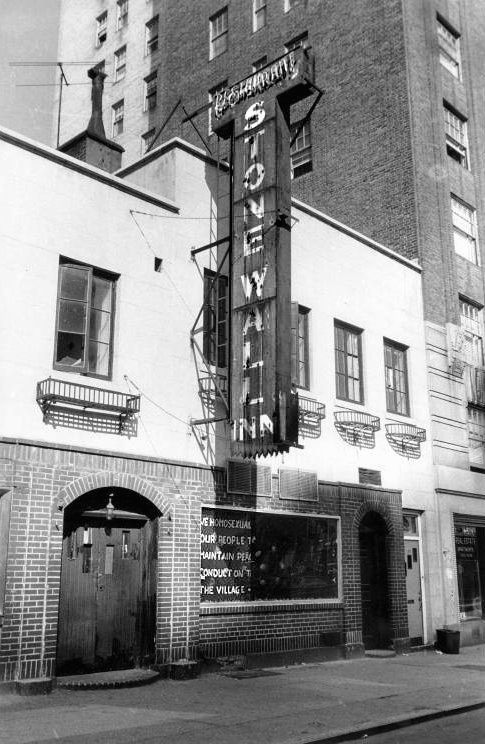Kali Akuno asks an important question: where would we be as a world today if people of the left had been as organized in 2008 when the financial crash hit as they’d been in 1980 before thirty years of neoliberalism?
Akuno, a co-founder and co-coordinator of Cooperation Jackson in Mississippi, asked this question this past Friday at a panel we were both part of at the annual Left Forum. It resonated with me especially this weekend as I took part in two of New York City’s three LGBTQIA marches. I say marches because, indeed, there were several. Lesbians and self-described dykes have, for many years, marched on the day before the big parade. The Dyke March is always a raucous, disobedient alternative to the staid and commercial official Pride Parade. This year, self-defined queers held a third march and rally too, for everyone seeking to reclaim some of Stonewall’s more radical and liberatory legacy.
Multiple marches spring from a multi-faceted history. After all, what’s remembered as the Stonewall Uprising took place over several nights with several different factions. Fifty years ago, things kicked off riotously early in the morning of June 28th when fed-up patrons—mostly young trans women, butch dykes and drag queens of color—fought off a police raid, refusing arrest. That night, a crowd gathered, curious, excited and eager to be part of something.
The night after that, when most of the most famous pictures were snapped, an even bigger group showed up and faced off against an even bigger mass of police, including the infamous Tactical Unit in riot gear. By the third day, the Village was in uproar, with more protest and organizing and also a backlash. More conservative gays, who’d been lobbying politely for their rights for years, pleaded for quiet: “WE HOMOSEXUALS PLEAD WITH OUR PEOPLE TO PLEASE MAINTAIN PEACEFUL AND QUIET CONDUCT ON THE STREETS OF THE VILLAGE,” they posted on a sign on the boarded up, broken bar window.
And that’s the tension that has been with us ever since. Are rights things to be granted by the powerful to the deserving few, contingent on their obedience, someone’s convenience and adherence to the prevailing rules and conventions? Or are rights rather, as revolutionaries of very many stripes have said over many, many generations, “unalienable, endowed at birth”— which is to say, unconditional?
We would have fewer marches if we had more agreement. Meanwhile, I ask myself Kali’s question in a slightly amended form: where would we be today if more people were comfortable with being just a little bit uncomfortable and excited and eager to be part of something? Or, to put it another way, because Pride’s about nothing if it’s not about heart, if more of us loved ourselves, and one another, unconditionally?
Help us thrive and not just survive, by becoming a member https://Patreon.com/theLFShow
















